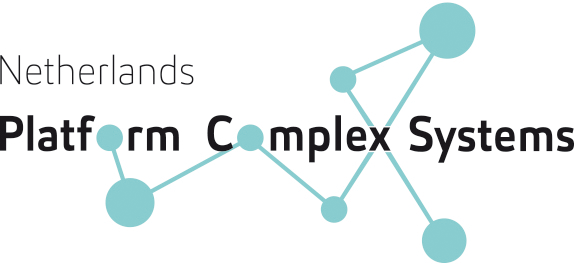NPCS Annual Conference 2024
Keynote speakers
“Spreading Processes with Mutations” by Prof. dr. Vincent Poor (Princeton University)
Abstract: Modeling of spreading processes in complex networks is of interest in several settings, including viral spread in contact networks and information spread in social networks. This talk will first discuss a basic mathematical formulation that reveals the effects of evolutionary adaptations on such spreading processes in single-layer networks and highlight some shortcomings of classical epidemic models that do not capture such evolution. This formulation will be further expanded to consider multi-layer networks, which allows analysis of interventions to limit spread, such as lockdowns that reduce physical contact in the case of viral spread. The latter ideas highlight that imposing/lifting interventions on different network layers should be evaluated in connection with their effects on the emergence of new strains. It will also be seen that reduction to existing models that do not simultaneously account for heterogeneity in a contagion’s strains and network layers may lead to incorrect predictions of the likelihood of emergence of an epidemic outbreak.
Speaker overview: Vincent is a member of the U.S. National Academy of Engineering and the U.S. National Academy of Sciences and is a foreign member of the Royal Society, and other national and international academies. He received the IEEE Alexander Graham Bell Medal in 2017, and holds honorary doctorates and professorships from a number of universities in Asia, Europe and North America. His current research activities are focused on advances in several fields of rapid technology development, notably wireless networks and energy systems, and on the fundamentals underlying them, including information theory, machine learning and network science. Among his publications in these areas is the recent book Machine Learning and Wireless Communications, published by Cambridge University Press.
“Metabolism of society: Why we should understand our supply chain networks” by Prof. dr. Stefan Thurner (Complexity Science Hub Vienna)
Abstract: Supply chains are arguably one of the most complex structures that exist on this planet. In hundreds of millions of firms worldwide they produce practically everything for everyone involving and coordinating every homo sapiens — and much of the bio- and geosphere. Since a few years supply chain networks become visible in new datasets that allow us to understand their structures and dynamics. We show that the new understanding of the economy at an “atomistic” level of firms and their supply relations, opens a new view on its systemic properties, its systemic risks, strengths, etc. We show that for the first time it becomes possible to quantify the economic resilience of nations and discuss what that means in terms of the energy transition and why it is necessary to identify weak-points of national economies to protect them in times of crises.
Speaker overview: Stefan earned a PhD in theoretical physics from the TU Wien and a PhD in economics from the University of Vienna. He held PostDoc positions at the Humboldt University of Berlin and Boston University. His habilitation is in theoretical physics. Stefan started his career with contributions to theoretical particle physics and gradually shifted his focus to complex systems understanding. He has published more than 240 scientific articles ranging from fundamental physics (topological excitations in quantum field theories, statistics and entropy of complex systems), applied mathematics (wavelet statistics, fractal harmonic analysis, anomalous diffusion), network theory, evolutionary systems, life sciences (network medicine, gene regulatory networks, bioinformatics, heartbeat dynamics, cell motility), economics and finance (price formation, regulation, systemic risk) and lately in social sciences (opinion formation, bureaucratic inefficiency, collective human behavior, efficiency of healthcare systems). Stefan’s work has been covered extensively by Austrian and international media such as the New York Times, BBC World, Nature, New Scientist, Physics World, and is featured in more than 500 newspaper, radio and television reports. In 2018, he was elected Austrian Scientist of the Year 2017. In 2021, Stefan received the Paul Watzlawick Ring of Honor (together with Peter Klimek).
The full programme of the conference can be found here.

